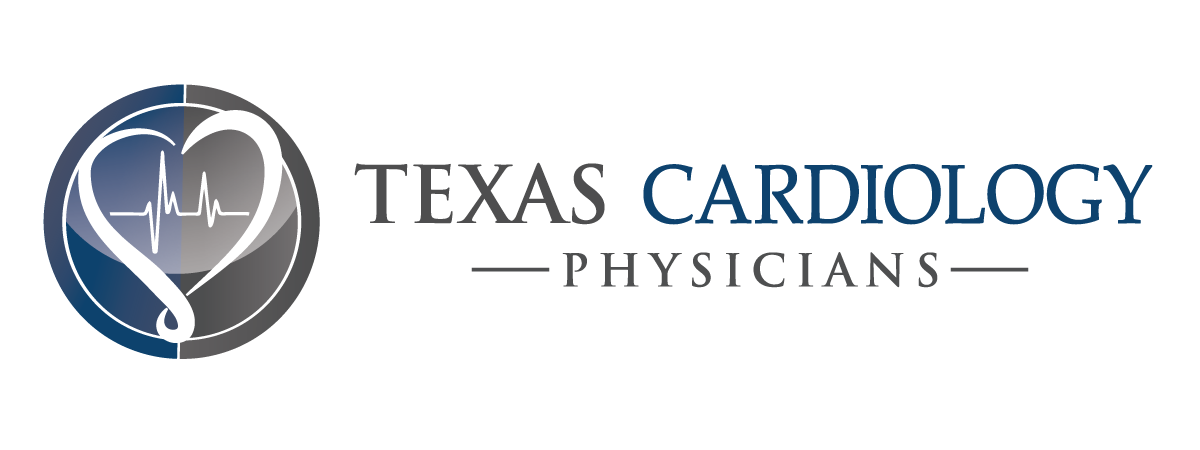
What Is Electrophysiology and How Does It Impact Your Heart?
Electrophysiology is a specialized branch of cardiology that focuses on the electrical activities of the heart. It involves studying the heart’s electrical impulses, diagnosing irregularities, and providing treatments to maintain or restore normal heart rhythms. This field is vital for managing conditions like arrhythmias, which can lead to serious health issues if left untreated.
Symptoms and Signs of Heart Rhythm Disorders
- Palpitations or irregular heartbeats
- Dizziness or light-headedness
- Shortness of breath
- Chest pain or discomfort
- Fatigue or weakness
- Fainting spells
Story: John’s Journey Through Electrophysiology
Meet John, a 58-year-old marathon runner who started experiencing palpitations and dizziness during his training sessions. Concerned, he visited his cardiologist, who referred him to an electrophysiologist. After a series of tests, John was diagnosed with atrial fibrillation, a common type of arrhythmia. With a tailored treatment plan that included medication and a minimally invasive procedure called catheter ablation, John was back on track, literally and figuratively. His story highlights the importance of addressing heart rhythm issues promptly and the effectiveness of electrophysiology in restoring cardiac health.
How Is Electrophysiology Performed?
Electrophysiology studies (EPS) are tests that help doctors understand the nature of abnormal heart rhythms (arrhythmias). These tests can pinpoint the location of the arrhythmia and determine the best treatment.
Steps in an Electrophysiology Study
- Preparation: Patients are typically sedated, and a local anesthetic is applied to the insertion site.
- Insertion: Thin, flexible tubes called catheters are inserted into blood vessels and guided to the heart.
- Measurement: The catheters measure the heart’s electrical activity and stimulate the heart to reproduce the arrhythmia.
- Diagnosis and Treatment: Based on the findings, the electrophysiologist may perform treatments such as ablation to correct the irregularities.
List: Benefits of Electrophysiology
Electrophysiology offers several advantages for those suffering from heart rhythm disorders:
- Precise Diagnosis: Identifies the exact location and type of arrhythmia.
- Targeted Treatment: Allows for treatments like ablation that directly address the problem.
- Minimally Invasive: Procedures are often less invasive with shorter recovery times.
- Improved Quality of Life: Restores normal heart rhythm, reducing symptoms and improving overall well-being.
FAQ: Common Questions About Electrophysiology and Cardiac Health
Q: What conditions can electrophysiology diagnose and treat?
A: Electrophysiology can diagnose and treat various arrhythmias, including atrial fibrillation, atrial flutter, ventricular tachycardia, and supraventricular tachycardia.
Q: Is an electrophysiology study painful?
A: The procedure is generally well-tolerated. Patients may feel some discomfort at the insertion site, but sedation and local anesthesia minimize pain.
Q: How long does it take to recover from an electrophysiology procedure?
A: Recovery times vary, but most patients can resume normal activities within a few days to a week.
Why Should You Care About Your Heart’s Electrical System?
Your heart’s electrical system is crucial for maintaining a regular and effective heartbeat. Irregularities in this system can lead to serious conditions such as stroke, heart failure, or sudden cardiac arrest. Understanding and maintaining the health of your heart’s electrical system ensures not only longevity but also a better quality of life. Addressing symptoms early and seeking appropriate care can prevent complications and improve outcomes.
Engaging Question: Have You Ever Felt Your Heart Skip a Beat?
Think about your experiences. Have you ever felt an unusual flutter or skip in your heartbeat? How did it make you feel? Understanding these symptoms is the first step towards taking charge of your heart health. If you’ve noticed any irregularities, it might be time to consult with a cardiologist.
Where to Seek Help: Texas Cardiology Physicians
If you’re experiencing symptoms of heart rhythm disorders or want to ensure your heart’s electrical system is functioning correctly, the experts at Texas Cardiology Physicians are here to help. Our team of specialists is dedicated to providing comprehensive care, from diagnostics to personalized treatment plans, ensuring the best outcomes for your heart health.



